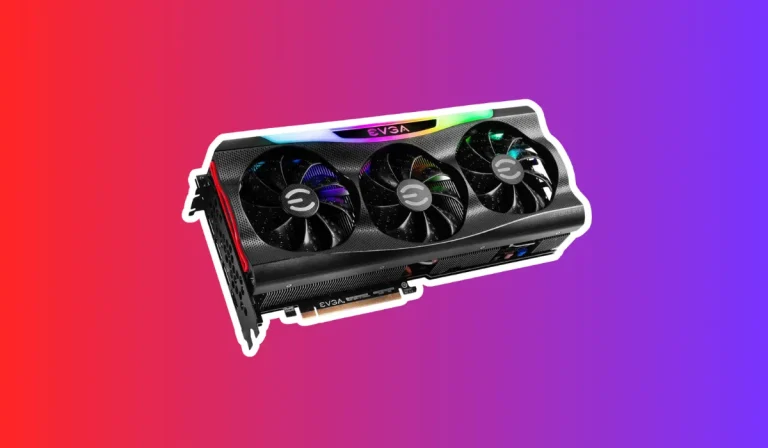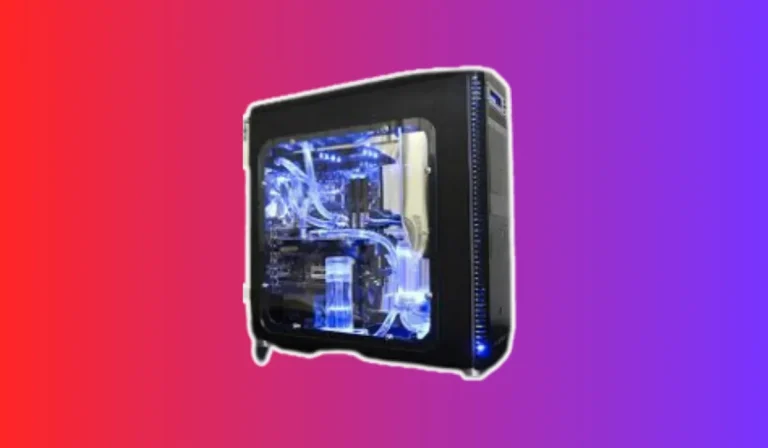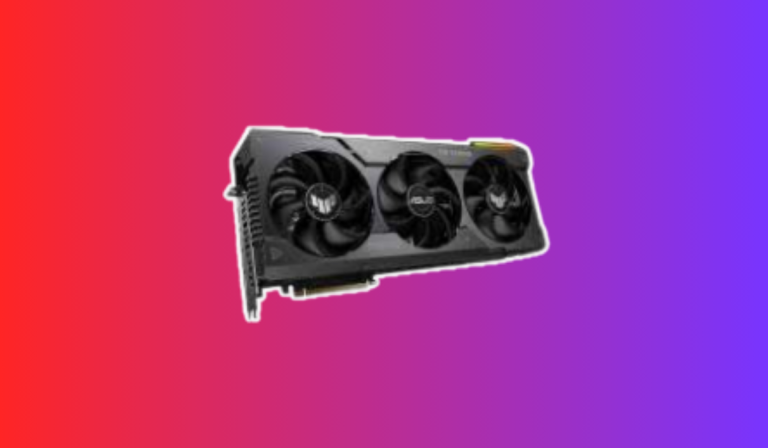Can any motherboard fit into any case?
Are you planning to build your computer? Well, before you dive into the exciting world of PC building, it’s crucial to understand the importance of motherboard and case compatibility. The right combination ensures a seamless fit and optimal performance. We’ll explore the ins and outs of this topic, making it easy for beginners to grasp.
Factors Affecting Motherboard and Case Compatibility
Physical Dimensions
The physical size of the motherboard is a critical aspect to consider when choosing a case. Motherboards come in various form factors, such as ATX, micro-ATX, and mini-ITX. Each form factor has different dimensions and mounting hole placements. Therefore, it’s essential to ensure that the case you choose supports the specific form factor of your motherboard. For instance, an ATX motherboard will not fit into a case designed for a mini-ITX motherboard due to the size difference.
Mounting Points and Standoff Locations
Another crucial factor is the alignment of mounting points and standoff locations between the motherboard and the case. Mounting points are the areas where screws secure the motherboard to the case, while standoffs are raised mounts that provide clearance and prevent electrical shorts.
It’s crucial to ensure that the mounting points on the case align properly with the holes on the motherboard. Additionally, the number and placement of standoffs need to match the motherboard’s layout to avoid any compatibility issues.
Compatibility with Case Features
Compatibility extends beyond just physical dimensions. It’s also important to consider how the motherboard and case align in terms of other features. These include drive bays, expansion slots, and cooling options.
For example, if you have a graphics card that requires multiple expansion slots, you need to ensure that the case has enough room to accommodate it. Similarly, if you plan to install a liquid cooling system, you should check if the case has sufficient space and mounting points to support it.
By considering these factors, you can ensure that your chosen motherboard and case are compatible, allowing for a hassle-free and efficient PC-building experience.
Common Motherboard and Case Compatibility Scenarios
Can a Smaller Motherboard Fit into a Larger Case?
Yes, a smaller motherboard can typically fit into a larger case. For example, if you have a micro-ATX motherboard and a mid-tower case, the motherboard will easily fit within the case. In such cases, you’ll have extra space around the edges of the motherboard. It’s important to ensure that the mounting points align with the case and that you secure the motherboard properly to prevent any movement.
Can a Larger Motherboard Fit into a Smaller Case?
In most cases, a larger motherboard cannot fit into a smaller case. For instance, if you have an ATX motherboard and a mini-tower case, the motherboard will not fit due to the size difference. It’s crucial to choose a case that supports the form factor of your motherboard to ensure a proper fit.
Compatibility Considerations for Specialized Cases
Specialized cases, such as gaming cases, HTPC (Home Theater PC) cases, or server cases, may have specific compatibility considerations. These cases often have unique form factors and features tailored to their intended use.
It’s important to check the compatibility requirements specified by the manufacturer when selecting a specialized case. This ensures that your motherboard and case are compatible and that you can take advantage of the specific features offered by the case.
Tools and Resources for Checking Compatibility
Manufacturer Websites
One of the most reliable sources of information is the official websites of motherboard and case manufacturers. These websites often provide detailed specifications and compatibility information for their products.
By visiting the product pages of the motherboard and the case you are interested in, you can find information about supported form factors, dimensions, and other compatibility considerations. This will help you determine if the motherboard and case are compatible.
PC Building Forums and Communities
PC-building forums and communities can be a treasure trove of information when it comes to compatibility. These online platforms are populated by experienced PC builders and enthusiasts who can offer valuable insights and guidance. By posting your specific motherboard and case combination or searching through existing threads, you can find discussions and recommendations from users who may have encountered similar compatibility issues. This can save you time and effort by learning from the experiences of others.
PC Building Compatibility Checkers
Some websites and software tools provide compatibility checkers specifically designed for PC builders. These tools allow you to input the details of your chosen motherboard and case, and they will verify the compatibility between the two.
They often take into account factors such as form factors, mounting points, and other compatibility considerations. While these tools can be convenient, it’s always a good idea to cross-reference the results with other sources to ensure accuracy.
FAQ’s
1. Can I install an ATX motherboard in a mini-ITX case?
No, an ATX motherboard cannot fit into a mini-ITX case. ATX motherboards are larger in size and have different mounting hole placements compared to mini-ITX cases. It’s essential to choose a case that supports the specific form factor of your motherboard.
2. Will a micro-ATX motherboard fit into a mid-tower case?
Yes, a micro-ATX motherboard will fit into a mid-tower case. Micro-ATX motherboards are smaller in size compared to ATX but are designed to fit into mid-tower cases comfortably. Just ensure that the mounting points align properly with the case and that you secure the motherboard correctly.
3. Can I use a mini-ITX motherboard in a full tower case?
Yes, you can use a mini-ITX motherboard in a full tower case. However, keep in mind that a full tower case is significantly larger than a mini-ITX motherboard. This means you will have a lot of extra space in the case. It’s important to secure the motherboard properly and ensure that the mounting points align correctly.
4. Is it possible to fit an EATX motherboard into a standard ATX case?
No, an Extended ATX (EATX) motherboard cannot fit into a standard ATX case. EATX motherboards are larger in size and have different dimensions compared to standard ATX cases. It’s crucial to choose a case that specifically supports EATX motherboards to ensure compatibility.
5. Can I install a mini-ITX motherboard in a micro-ATX case?
Yes, a mini-ITX motherboard can be installed in a micro-ATX case. Mini-ITX motherboards are smaller in size and can fit into cases designed for micro-ATX motherboards. Just make sure that the mounting points align properly and that you secure the motherboard correctly.
Conclusion
As we conclude our exploration of motherboard and case compatibility, it’s crucial to remember a few key points. Ensuring the right fit between your motherboard and case is essential for a successful PC build.
By understanding common compatibility scenarios, checking manufacturer websites, utilizing PC building forums, and using compatibility checkers, you can make informed decisions and avoid compatibility issues. Remember to always refer to the specific form factor and compatibility guidelines provided by the manufacturers.





